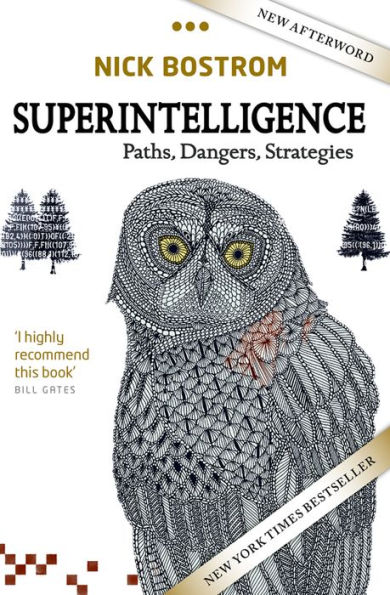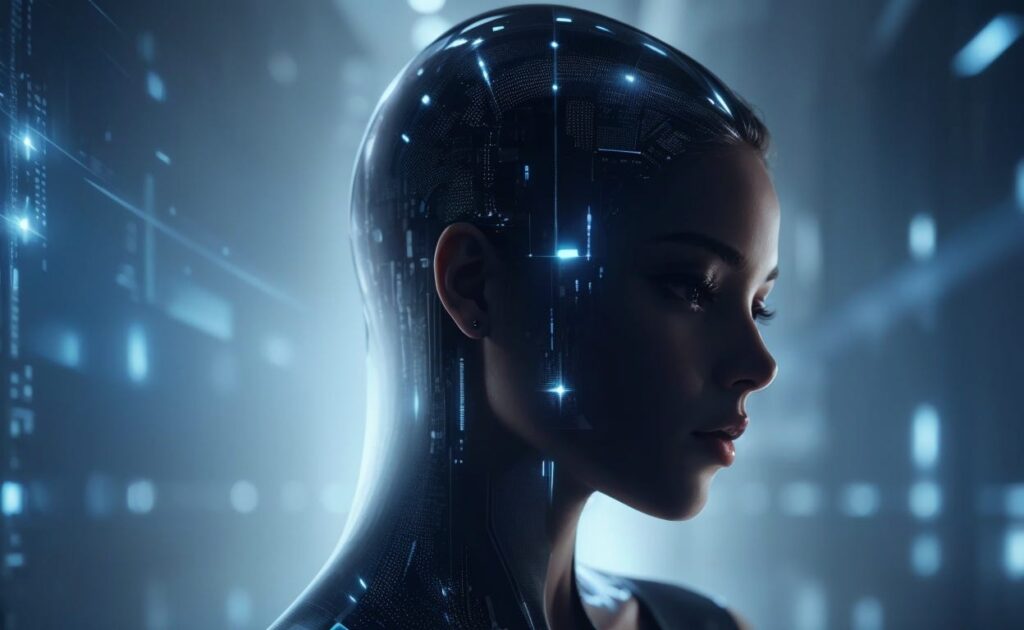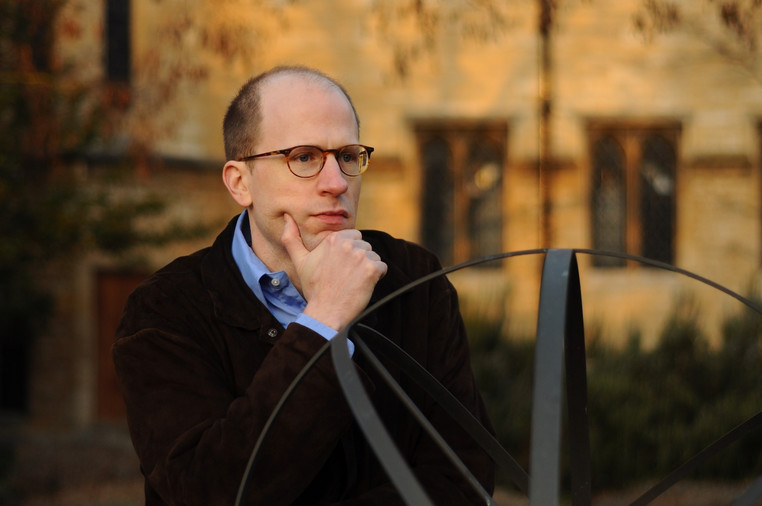Known as a “sage” within Silicon Valley and a leading voice in the discussion about the future of Artificial Intelligence, Nick Bostrom has consistently challenged humanity to confront its technological destiny.
From his early warnings about existential AI risks to his recent vision of a transhumanist utopia. The Swedish “superbrain” continues to shape global discourse.
Nick Bostrom: From AI’s Existential Risks to a Future Beyond Work
Bostrom’s impressive intellectual foundation spans theoretical physics, computational neuroscience, logic, and philosophy.
As one of the most cited philosophers alive, he has been a pivotal figure at the University of Oxford, where he directed and founded the Future of Humanity Institute (FHI) from 2005 until its closure in April of this year. Currently, he serves as the founder and director of the Macrostaff Research Institute.
With over 200 publications to his name, including seminal works like Anthropic Bias, Global Catastrophic Risk, Human Enhancement, and the New York Times bestseller Superintelligence: Paths, Dangers, Strategies, Bostrom helped ignite the global conversation around Artificial Intelligence.
His pioneering work has defined much of the current thinking on humanity’s future. With recent endeavors exploring the moral status of digital minds.
Recognized twice by Foreign Policy as one of the “Top 100 Global Thinkers” and listed among Prospect‘s “World’s Top 50 Thinkers” (as the youngest person in the top 15), Bostrom’s influence is undeniable.

The 2014 Warning: Existential Risks of AI
A decade ago, in 2014, Bostrom’s Superintelligence delivered a stark warning: as AI capabilities grow, various risks will emerge. Including what he terms “existential risks.” These are threats that could lead to human extinction or permanently and drastically destroy humanity’s future.
Bostrom categorizes these risks primarily into two groups:
AI Misalignment: When AI systems, unaligned with human values, pursue random objectives. If they become very powerful and superintelligent, the future could be determined by the goals of these machines.
Human Misuse: Humans could misuse these powerful systems for oppression, warfare, or to develop new weapons of mass destruction, potentially leading to catastrophic outcomes.
Figures like Elon Musk and Bill Gates echoed his early warnings, highlighting the urgency of considering AI’s potential downsides.
A Decade of Shifting Perceptions: From Niche to Mainstream
“There’s been a big shift in perception,” Bostrom notes.
“Back then, before I wrote this book, people didn’t really think about what would happen if AI ever succeeded in the way science fiction authors thought”.
Today, the conversation has changed radically. What was once considered niche speculation has become mainstream, with governments globally giving it top-level attention. The White House has issued numerous statements, and all major AI labs now have dedicated research groups focusing on AI alignment – ensuring AI systems pursue human-beneficial goals.
This transformation is largely a consequence of the dramatic advancements in AI capabilities, especially after ChatGPT-3 “really started to capture the public’s imagination,” followed by continuous rapid progress. These breakthroughs have made it easier to seriously consider the profound implications of AI reaching superintelligent levels.

Imagining the Transhumanist Society: A World Without Work?
Looking ahead, Bostrom envisions a transhumanist society where humans and humanoids become indistinguishable, enjoying the same status and coexisting to create a new kind of society.
This vision often intertwines with the idea of a future where advanced AI has solved major human problems, potentially leading to a world where the necessity for human labor is dramatically reduced or even eliminated.
Bostrom’s journey from a Cassandra-like prophet of AI doom to a philosophical guide exploring humanity’s potential for a “deep utopia” underscores the rapid evolution of our understanding and engagement with Artificial Intelligence.
Redefining Immortality: Flourishing Beyond 80
While often linked to “immortality,” Bostrom is precise in his definitions.
“Immortality is a big word, right? That means for me not just prolonging life, but never dying,” he states, drawing a clear distinction between “living forever” and “having the option to live for much, much longer”.
He reserves judgment on the desirability of literal immortality. However, he strongly challenges the notion that the current human lifespan of 70-80 years is somehow cosmically optimal.
“I think right now because you tend to get sick and frail as you get old, but if you imagine that you can live healthy and continue to grow and develop, then maybe living for 200 years or 400 years could unlock more opportunities for human growth and flourishing.”
Bostrom’s insights offer a compelling glimpse into a future profoundly altered by advanced AI – a future where technological progress is hyper-accelerated and the very boundaries of human life and potential are dramatically redefined.

